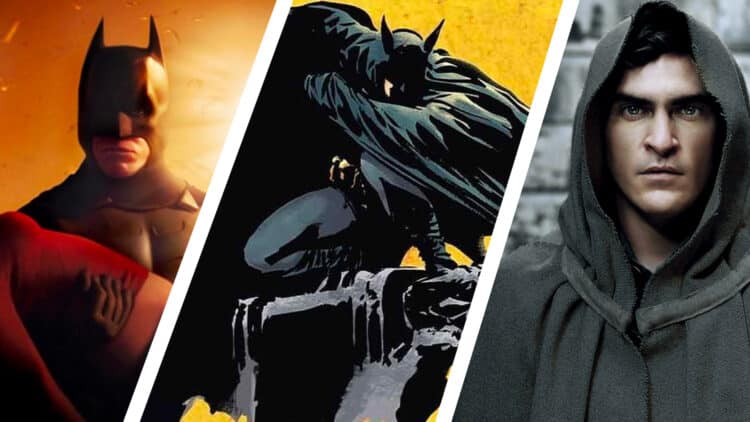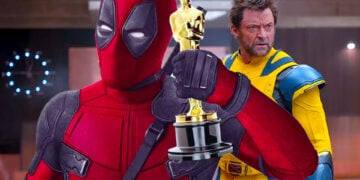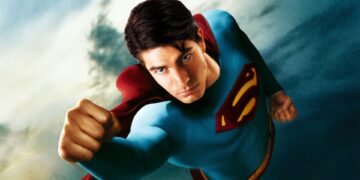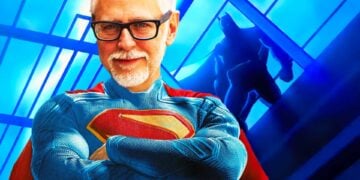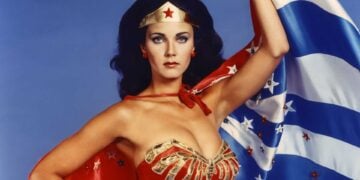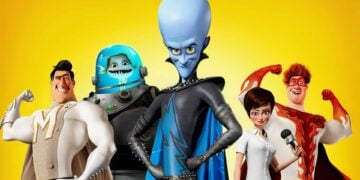Putting the names Darren Aronofsky and Batman in the same sentence doesn’t feel right. The filmmaker is renowned for mind-twisting movies like Black Swan and Requiem for a Dream, which often cause tiny existential crises among the viewers, so why would he want to tackle a superhero story about a rich orphan who dresses up like a bat and beats the bejesus out of criminals? Well, Aronofsky had a plan to do Batman in his own cerebral and demented way, and that’s probably the biggest reason the project didn’t happen. That said, the production moved along further than anyone might have imagined and remains one of the greatest what-if scenarios in the history of cinema.
How a live-action Batman: Year One film nearly came to fruition
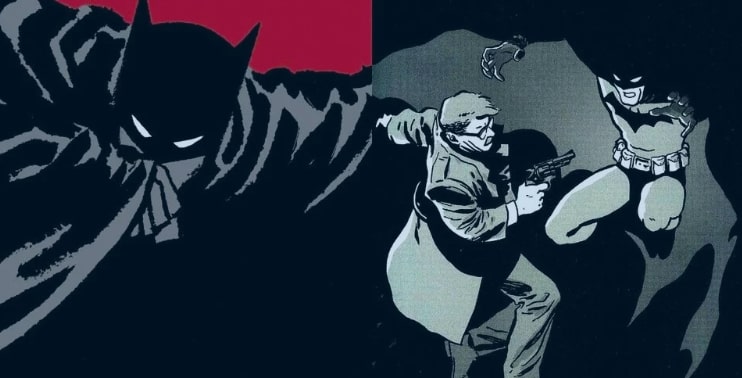
After 1997’s Batman & Robin nearly did what the Joker and Penguin have never managed to do – i.e., kill the Dynamic Duo – Warner Bros. knew it needed to do something drastically different if it was to win back the fans. So, it was out with the camp and in with the seriousness. The studio invited filmmakers to pitch their visions for how they would treat the Dark Knight and was suitably impressed by Darren Aronofsky’s desire to lean into Frank Miller and David Mazzucchelli’s Batman: Year One. The 1987 comic book storyline serves as both an origin for the Caped Crusader and Jim Gordon, albeit a much darker and grim tale that showcases an even seedier Gotham City than usual.
In 2000, Warner Bros. hired Aronofsky, who brought in Miller to help him work on the script for the live-action adaptation of the classic comic book. Speaking to The Hollywood Reporter, Miller explained how Aronofsky wasn’t planning on toning down the source material at all. In fact, he wanted to push every single boundary to make a grittier movie. Miller revealed how this story would have seen Bruce Wayne turning his back on his inheritance and learning to live in poverty and on the streets to survive. Once he realized he could do this and what it would take to save the soul of the city, he traveled the world to study under the greatest masters to shape his mind and body, before returning to Gotham and becoming Batman. At the same time, Gordon struggles with ever-growing corruption and crime in the City, finding himself teaming up with the Dark Knight after the hero saves a baby and proves he isn’t the terror everyone presumes him to be.
Who would have been Darren Aronofsky’s Batman?
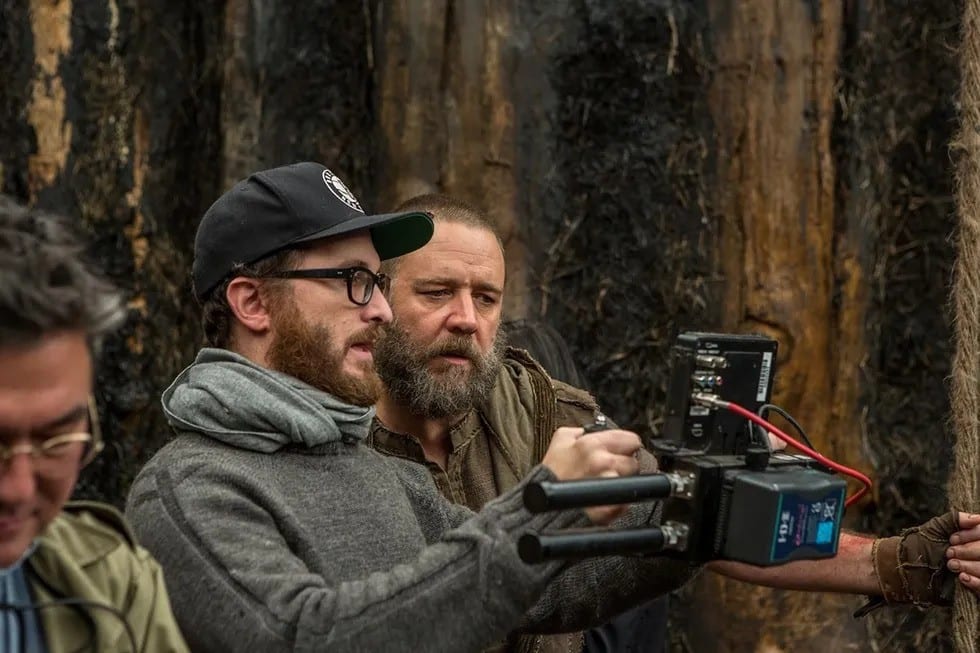
The year 2000 proved to be Joaquin Phoenix’s breakout in Hollywood. While he had appeared in notable films such as To Die For and 8mm, it was his Oscar-nominated role as Commodus in Ridley Scott’s Gladiator that made everyone sit up and take notice of his abilities. He was no longer seen as River’s younger brother, but as a bona fide generational talent. Darren Aronofsky paid attention too, realizing he would need someone of Phoenix’s unique talent to make his version of Batman a reality.
Unfortunately, Warner Bros. didn’t agree. “The studio wanted Freddie Prinze Jr. and I wanted Joaquin Phoenix,” Aronofsky told Empire. “I remember thinking, ‘Uh oh, we’re making two different films here.’ That’s a true story. It was a different time. The Batman I wrote was definitely a way different type of take than they ended up making.”
While Russell Crowe’s name was never attached to the Batman: Year One project, imagine if he had been cast alongside Phoenix as Jim Gordon. It would have been sensational to see the pair on screen again and they would have had the opportunity to recreate the Gladiator magic in Gotham City.
What ultimately destroyed the chances of the movie
Darren Aronofsky was right. Even though Warner Bros. agreed to his vision, the studio had a different idea of the movie it wanted to see. As history would prove, this wasn’t a unique incident for Warner Bros., as the studio constantly struggles to get out of its own way and trips itself up. In essence, the studio execs didn’t want another Batman & Robin, but they wanted another Batman & Robin. They demanded a family friendly film to push merchandise and Happy Meals, and Aronofsky’s R-rated caped affair wasn’t that.
“A rated-R superhero movie was probably 10 to 15 years out of whack with the reality of the business then,” Aronofsky told Variety, before discussing Warner Bros.’ reaction to the script. “It had promise, but it was just a first draft. The studio weren’t really interested. It was a very different take.”
Aronofsky departed the film in 2002, while Warner Bros. went back to the drawing board. Eventually, British director Christopher Nolan received the keys to the Wayne Manor and changed the course of the comic book movie genre forever.
RELATED: The Dark Knight Trilogy – The Batman Movie Standard
Speculating what would have been
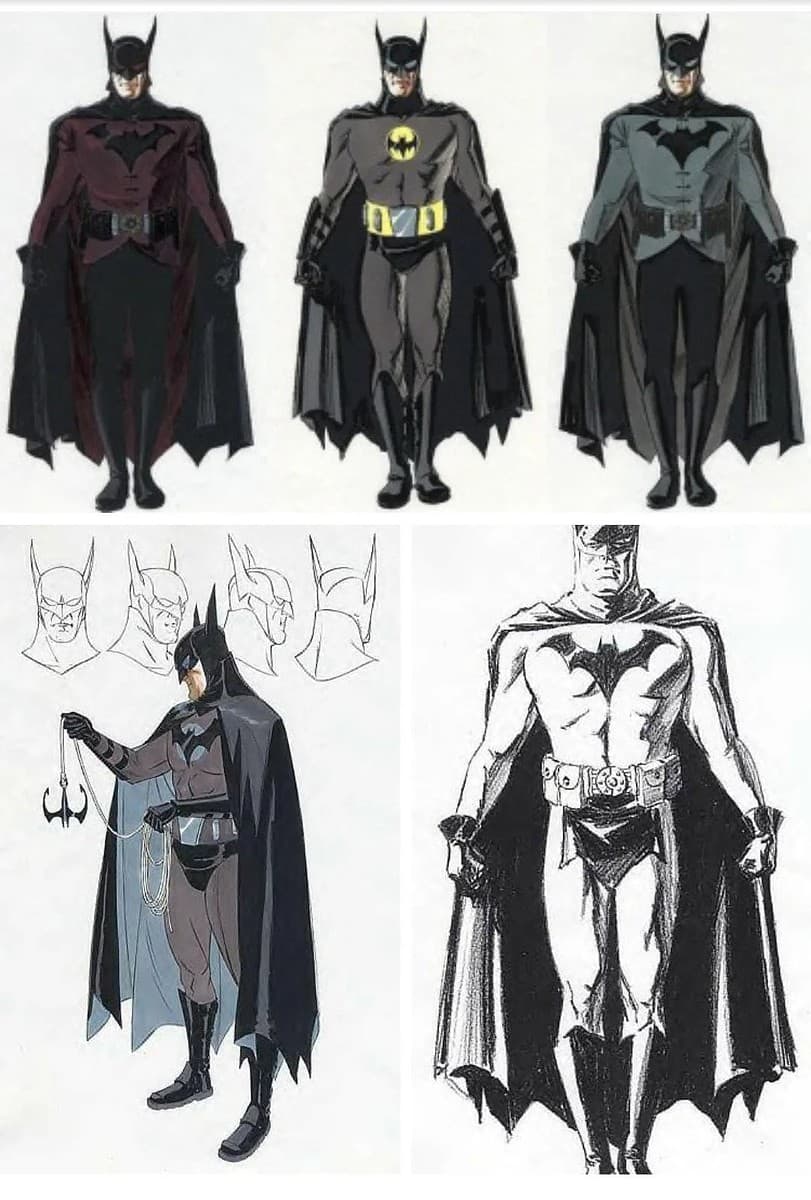
If Darren Aronofsky’s Batman: Year One had happened, it’s obvious that Christopher Nolan’s Batman Begins wouldn’t have ever materialized, which would have had a dramatic chain reaction effect. Nolan changed the general public’s perception toward superhero films with the success of The Dark Knight and coupled with the inception of the Marvel Cinematic Universe (MCU), kickstarted the comic book movie boom that dominated the film industry for over a decade. Would Aronofsky’s film have had the same influence? Unlikely.
As Aronofsky explained, R-rated superhero movies weren’t in vogue then. There’s no way that a hard-boiled and adult version of Batman would have brought in mega money for Warner Bros. In addition to this, Zack Snyder’s DC Extended Universe (DCEU) has demonstrated that the general audience isn’t too fond of Frank Miller’s version of Batman. If people lost their minds over the Dark Knight branding people and using a gun in Batman v Superman: Dawn of Justice, they would keel over if they read some of the events in Batman: Year One. Generally speaking, it doesn’t appear as if the world is ready for a Batman with a different moral compass than what’s normally accepted as canonical.
RELATED: Colin Farrell’s Batman Movie Was Darker Than Batman v Superman
That said, there’s no doubt Darren Aronofsky had the potential to create something special with his adaptation of Batman: Year One. It might not have been a good comic book movie, but it would have been a great film for those who prefer their entertainment with a little more substance.

